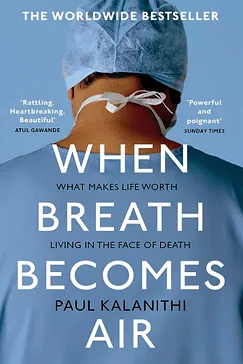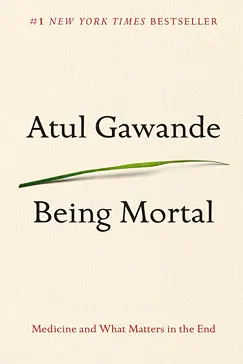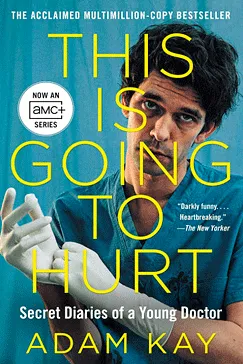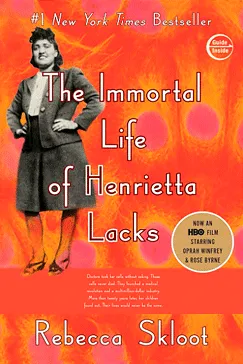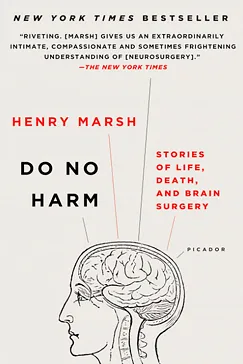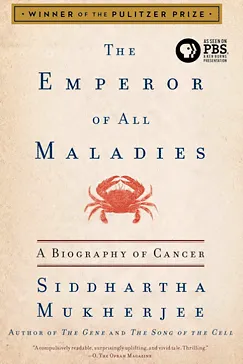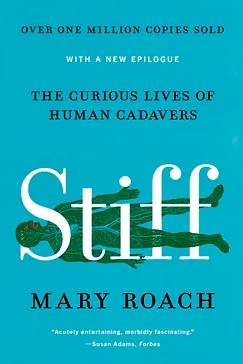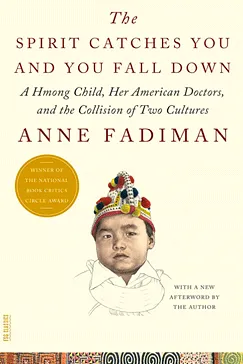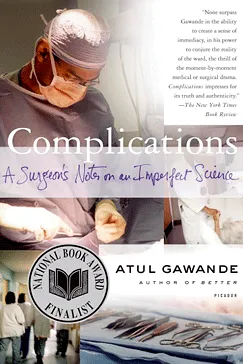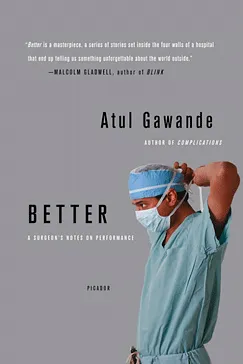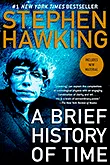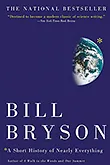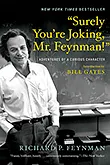Discover the breakthroughs and challenges in the medical field through our top picks of the best medicine books of all time.
When Breath Becomes Air
Recommended by: Bill Gates, Julie ZhuoA memoir of a neurosurgeon who gets to know about his mortality once he was diagnosed with terminal cancer. It is about questions of life and death, and what makes us human. In chronicling his very own story, the author painted scenes where one would have to stand and face death and the transformation process from being a doctor to a patient. This powerful narrative is not only on the frailty of life but the meaning and purpose as well in an end that is always certain to come. Moving in remembering how all is really precious, reminding of every moment really being precious, reminding of how one always seeks understanding against the wild unknown.Being Mortal
Recommended by: Sophia Bush, Julie ZhuoAtul Gawande, in "Being Mortal," argues about the problems associated with aging and dying within modern medicine. He argues that modern medicine does focus too much on prolonging life at the expense of quality life. In that regard, using personal stories and research, Gawande recommends changing the way that the elderly and terminally ill are cared for to a way that treats the patients in a dignified manner and according to their wishes. He stresses the importance of finding out what makes life meaningful for patients, implying that such an approach can lead to more compassionate and fulfilling end-of-life care. This book calls us to rethink our approach to mortality. It is thought-provoking and should be read by all.This Is Going to Hurt
This book gives a frank account of life as a junior doctor in the NHS. The author describes his life in a diary, from the highs to the lows of medical practice and the emotional and physical impacts that come with it. It's humorously heart-breaking, as it will give readers a glimpse into the realities of healthcare professionals. The storyline is not only entertainment but also an education – whereby the reader will appreciate the challenges being put forth for them.The Immortal Life of Henrietta Lacks
The book tells the true tale of a black tobacco farmer, Henrietta Lacks, whose cells were taken without her knowledge back in the year 1951. The cells would later be known as HeLa, and they turned out to be fundamental towards the development of the polio vaccine, the cloning of genes, and many other essential tools of medicine. Her family, however, was never told and never paid. The story brings together the moral issues of scientific discovery with the deeply personal saga of the Lacks family, dealing with problems of race, poverty, and the never-ending legacy of Henrietta's contribution to science and to humankind.Do No Harm
This book provides a rare and unique picture of the high-wire act that is this medical world as seen through the eyes of a seasoned surgeon. It goes for an in-depth look at the intense pressure and moral dilemmas that pound those who wield the scalpel to perform surgery on the human brain. Personal stories of leading triumphs and personal tragedies limn for the reader the sensitive balance between hope and realism in patient care. In a reflective, compassionate manner one is brought face to face with the agonizing decisions that must sometimes be made, and the effect which such decisions may have on patients and their families. This memoir is not only about the complexities of the medical field but also about the human spirit's resilience.The Emperor of All Maladies
Recommended by: Bill GatesThe history of cancer, it chronicles the story of cancer from the ancient world to the modern one. It explains further the history of cancer treatment, which advances from crude surgeries through the development of chemotherapy to other levels. Through individual stories and scientific inquiry, the narrative depicts cancer not only as a disease but a challenge of society that has fashioned the progress of health. "The Emperor of All Maladies" chronicles cancer from its first known appearance thousands of years ago through the epic battles in the 20th century to curtail, control, and subdue it. The author, a practicing cancer physician, has woven science, history, and his own experiences to provide cancer with a comprehensive and deeply human work. It is a work likeStiff
The book addresses cases where the dead donate to scientific and medical research, and cases where the dead are donated to art exhibits. It is part poignant storytelling and part really in-depth research around the very biggest questions about human existence after death. The invaluable role cadavers have in our life is often enough in ways we cannot fathom. A thought-provoking read as much as it is informative and entertaining.The Spirit Catches You and You Fall Down
The book is about the struggle of a small family belonging to Hmong from Laos in a collision with the American health care system. Central to its portrayal is Lia Lee, a child diagnosed with severe epilepsy, and how her parents' cultural notions about medicine and modes of healing are diametrically opposed to Western medical treatment. The plot unfolds the greys of this lack of understanding and miscommunications, coupled with the efforts and problems to maintain cultural integrity while traversing through a complex healthcare system. It is a sensitively written and researched story on culture intersecting the broader sense of medicine and compassion.Complications
The story unveils doubts and complexes underpinning a surgeon's career on its quest into the murky world of surgery. The narration is laid upon personal narratives to emphasize challenges in decision-making when an individual has to face conditions of high stakes, inevitable human error, and importantly moral dilemmas tied to medical practice. It provides the audience with a rare glance into the educational phase of surgeons, the advancement of medical practices, and the slim tightrope between knowledge and instinct. The story brought in the light of the reader to understand the pressures that come in the medical field as it gives light towards the achievement and downfall of modern medicine.Better
In "Better," Atul Gawande takes one through the challenges and triumphs of the medical profession in real-life stories. The author takes through the course of incidents where the doctors have to win over the obstacles pointed out above. Gawande speaks about diligence, doing right by the patients, and innovativeness to the betterment of health care. He then goes on to emphasize that being a good doctor is not just being knowledgeable in medicine but in the lifelong growth in practice one takes part in. It is definitely a book one will read to know about how complex medicine is and how much dedicated the individuals involved in the health profession can be.
List of top rated Medicine books everyone should read. Best sellers only!
